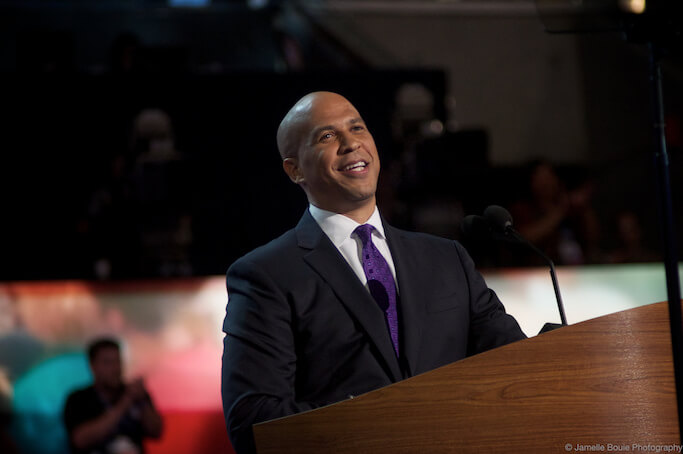Cannabis science, testing and analytics giant Steep Hill Laboratories announced earlier this week they have received the green light to begin cannabis testing operations in the State of Hawaii.
The movement couldn’t have come too soon for patients and dispensary operators. Hawaii’s medical cannabis program started in 2000. Dispensaries were not permitted until 2015 but rules required state-certified lab testing before product could start moving off the shelves. Without any labs officially recognized to do the work, no cannabis could meet the standard required for legal sales, leaving patients in a pickle.
From ABC News:
“‘This is a big milestone, and it couldn’t have come any sooner, because many people within the industry were getting frustrated and a little angry at the time it has taken to get to this point,’ said state Sen. Will Espero, a Democrat. ‘But now that we are here, hopefully the next phase in terms of sales will happen quickly and everything will go smoothly.'”
“Once the lab receives samples, it will take about four days to test and return products to dispensaries for sale, said Dana Ciccone, owner of Steep Hill Hawaii.
“Then the dispensary will undergo one final inspection by the Department of Health with the product present, department spokeswoman Janice Okubo said. That on-site inspection and accompanying paperwork could take 24 to 48 hours, she said.”
Hawaii, one of the few states to legalize medical cannabis dispensaries through its legislature, wisely offers reciprocity (starting next year) to medical marijuana patients from other states, demonstrating both compassion and smart business sense as tourism is such a huge economic engine for the state. Maui Times describes the current licensure situation for medical dispensaries:
“The new law allows for eight separate licenses to be obtained in the state. These licenses are island-specific: three on Oahu, two on Hawaii Island, two on Maui and one on Kauai. There is no provision for dispensaries on Molokai or Lanai at this time. Each license allows for two grow facilities and two dispensary locations. These facilities and retail locations are subject to local zoning laws and must not be located near playgrounds, schools or public housing.”
As most states have experienced sales outpacing government projections, without the extreme negative consequences wrongly predicted by prohibitionists, Hawaii legislators should quickly consider legislation legalizing cannabis for all adults. The future of the Hawaiian cannabis industry certainly looks bright and opportunities will only continue to increase. The International Cannabis Business Conference this December 1-3 in Kauai, Hawaii, will certainly be an excellent chance to learn the latest developments and network with other professionals.



















